- Home
- -Blog
Link Building Pricing: Factors and Costs Explained
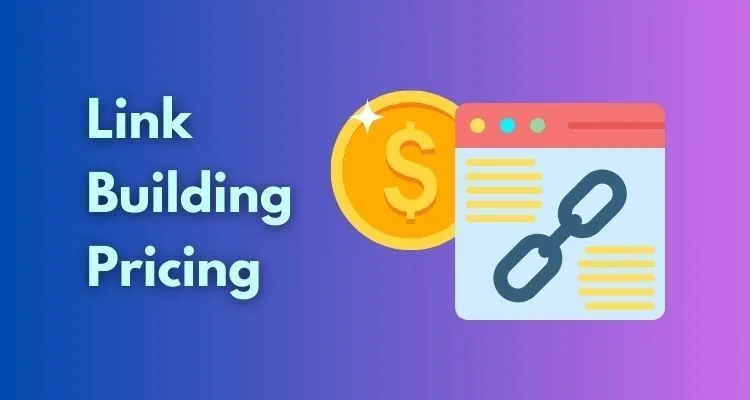
- 20 July 2024
- Shabir Ahmad
What is the average cost of a backlink?
The cost of a backlink can vary widely based on several factors, including the domain authority (DA) of the linking site, the type of link, and the industry.
On average:
- Low DA Sites (DA 20-30): $50 to $200 per link
- Mid-range DA Sites (DA 30-50): $200 to $500 per link
- High DA Sites (DA 50+): $500 to $1,500 or more per link.
Link building is a crucial part of SEO that involves acquiring hyperlinks from other websites to your own. These links help search engines understand the relevance and authority of your website, which can significantly boost your rankings on search engine results pages (SERPs).
Understanding the costs associated with link building is vital for any business looking to improve its online presence. The cost of link building can vary widely based on several factors, including the quality of the links, the domain authority of the linking sites, and the methods used to acquire these backlinks . Knowing these costs and the factors that influence them can help businesses allocate their marketing budgets more effectively and achieve better ROI from their SEO efforts.
Link building can range from a few dollars per link for lower quality, easier-to-obtain links, to several thousand dollars per link for high-authority, high-quality placements. It's important to note that investing in high-quality links typically yields better long-term results, while cheaper options can sometimes lead to penalties from search engines if the links are deemed spammy or low quality.
Factors Influencing Link Building Pricing
1. Domain Authority and Domain Rating
How DA and DR Influence Pricing
The higher the DA or DR of a site, the more valuable and costly the link from that site will be. This is because high-authority sites are more trusted by search engines and can pass on more SEO benefits to the linked site. Here's a general breakdown of how these metrics influence pricing:
- DA 20+: Links can range from $69 to $287.
- DA 30+: Links typically cost between $200 and $400.
- DA 40+: Prices can range from $300 to $627.
- DA 50+: Costs range from $350 to $1000 or more.
- DA 60+ and above: Prices can exceed $1000 per link especially if the site is a well-known publication.
These prices reflect the general market rates, but actual costs can vary depending on the specific industry, the competitiveness of the niche, and the quality of the linking site.
Know Your Link Building Cost Now
2. Quality of Content
Impact on Link Building Success and Costs
- Higher Link Acquisition Rate:High-quality content has a better chance of earning links from reputable sites. This increases the overall success rate of your white hat link building campaigns as quality content is more likely to be seen and linked to by influential bloggers and websites.
- Reduced Outreach Effort:When you produce high-quality content, the need for extensive outreach diminishes. Influencers and webmasters are more likely to link to content they find valuable without the need for aggressive promotion.
- Lower Costs: Investing in high-quality content might seem expensive initially, but it can lead to cost savings in the long run. With superior content, you won't need to pay as much for links as the content itself will attract organic backlinks. This reduces the need for paid link placements and expensive outreach campaigns.
- Sustainable Link Building:High-quality content continues to attract links over time, providing a sustainable source of backlinks. Unlike low-quality content that might require constant effort to maintain links, quality content has lasting value and can attract links long after it's published.
3. Link Types and Strategies
a. Guest Posts
Costs Associated with Creating and Placing Guest Posts Guest posting involves creating content for other websites in exchange for a backlink to your site. This strategy helps to build authority and reach new audiences.
- Content Creation Costs: Writing high-quality guest posts can range from $50 to $200 per article depending on the writer's expertise and the content's complexity.
Placement Fees: Many websites charge for placing guest posts, especially if they have high domain authority (DA). These fees can vary widely:
- DA 20-30: $50 to $150
- DA 30-50: $150 to $400
- DA 50+: $400 to $1000 or more.
b. Blogger Outreach
Pricing Based on the Domain Metrics of the Bloggers' Sites Blogger outreach involves reaching out to bloggers to promote your content, products, or services, often in exchange for a backlink.
Domain Authority (DA) Pricing: The cost of obtaining links through blogger outreach depends on the DA of the blogger's site:
- DA 20-30: $50 to $200 per link
- DA 30-50: $200 to $500 per link
- DA 50+: $500 to $1500 per link
- Additional Costs: Some bloggers may charge extra for writing the content or may require a fee for expedited posting
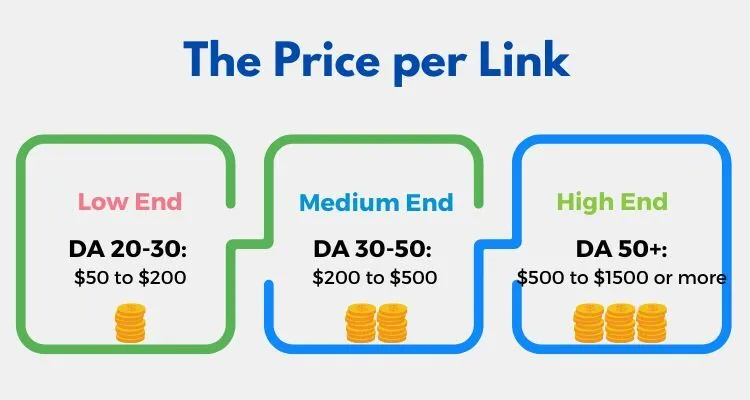
c. Niche Edits
Costs for Inserting Links into Existing Content Niche edits involve adding your link to existing content on relevant websites. This can be a cost-effective way to gain high-quality backlinks.
-
Pricing for Niche Edits: The cost varies based on the site's authority and the relevance of the content:
- General Niche Edits: $50 to $200 per link
- High DA Sites (50+): $200 to $600 per link
- Risks and Considerations: Be wary of extremely low-priced niche edits, as they may come from low-quality sites or link farms, which can harm your SEO efforts.
d. PR Agency Links
High Costs for Links from Premium Publications PR agency links involve getting your content featured in high-authority news sites and magazines. These links are valuable due to their high trust and visibility.- Cost of PR Agency Links: These can be quite expensive, often ranging from $2000 to $50000 per month depending on the publication and the level of service provided.
-
Benefits: While costly, these links can significantly boost your brand's visibility and authority, leading to long-term SEO benefits and increased traffic.
4. In-House vs. Agency
Cost Comparison
Hiring an In-House Team involves bringing on dedicated staff to manage link building within your organization. This includes salaries, benefits, training, and tool subscriptions.
Outsourcing to an Agency involves paying a third-party service to handle link building, usually through monthly retainer fees or performance-based pricing.
Costs of LLM Focused Backlinks
Determining the cost of "LLM backlinks" isn't as straightforward as buying traditional SEO backlinks. The entire strategy is different, which fundamentally changes the pricing model. You aren't paying for a "link" in the traditional sense (i.e., a hyperlink on a high-domain-authority site to pass "link juice"). Instead, you are investing in a comprehensive strategy to get your brand, data, and content cited and mentioned as a trusted source within the AI-generated answers themselves.
This shift from link-building to authority-building means costs are typically structured as monthly retainers for specialized services, not as a per-link fee.
- Traditional SEO Link Building: You might pay $100 to $2,500+ per link depending on the source's quality. This is a highly transactional, one-time cost.
- LLM SEO (Authority Building): You invest in the research it takes to find these links and create content that's going to be understood and valued by LLMs. So you're looking at additional fees with retainers that start at $5,000.
These retainers cover the complex, ongoing work required for LLM optimization, which includes:
- In-depth entity and topic analysis.
- Creating and optimizing content to be highly citable (using clear data, statistics, and expert insights).
- Implementing advanced structured data (schema markup).
- Securing brand mentions and citations across authoritative sources that LLMs use in their training data (like Wikipedia, industry forums, and top-tier publications).
Because this is a new and highly specialized field, it requires a different approach than traditional SEO. Agencies like AUQ (auq.io), for example, specialize in this "AI-first visibility" approach to LLM and AI SEO and LLM linkbuilding. When auditing these types of agencies make sure to ask them to show how they measure and track success with LLM rankings which requires different measuring tools and reports compared to traditional SEO.
Pros and Cons of In-House Link Building
| Pros | Cons |
|---|---|
| Control Over Strategies | High Initial Costs |
| You can directly oversee and adjust link building strategies to align with your business goals. | Setting up an in-house team requires significant investment in salaries, tools, and training. |
| Immediate Communication | Ongoing Management and Training |
| Easier and faster communication within the team, ensuring quick responses and alignment. | Continuous need for managing, training, and keeping the team updated with the latest SEO practices. |
| Company-Specific Knowledge | Limited Expertise |
| In-house teams have a deeper understanding of the company's products, services, and goals. | May lack the breadth of expertise that specialized agencies have due to varied client experiences. |
| Potentially Lower Long-Term Costs | Risk of Burnout and Turnover |
| Once established, an in-house team can be more cost-effective over time compared to recurring agency fees. | The high workload can lead to burnout and turnover, disrupting ongoing campaigns. |
| Integration with Other Departments | Scalability Issues |
| Easier collaboration with other departments like marketing, content creation, and sales. | Scaling the team to meet increased demands can be challenging and costly. |
| Customized Tactics and Strategies | Time-Intensive Setup |
| Tailor strategies specifically for your brand, niche, and audience. | Building an effective team from scratch takes significant time and effort. |
Pros and Cons of Outsourcing Link Building
| Pros | Cons |
|---|---|
| Expertise and Experience | Higher Costs |
| Access to professionals with specialized knowledge and experience in link building. | Quality agencies can be expensive, with costs often higher than building an in-house team. |
| Established Relationships | Less Control |
| Agencies often have existing relationships with high-authority sites, speeding up link acquisition. | Outsourcing means you have less direct control over the strategies and processes used. |
| Scalability | Potential for Miscommunication |
| Agencies can quickly scale efforts up or down based on your needs without the need for hiring. | Communication gaps can occur, leading to misunderstandings or misaligned goals. |
| Time Savings | Quality Variability |
| Frees up your internal team to focus on core business activities. | The quality of links can vary between agencies, making it crucial to choose a reputable provider. |
| Access to Advanced Tools | Risk of Black-Hat Techniques |
| Agencies often use advanced SEO tools and software that might be too costly for in-house teams. | Some agencies might use black-hat techniques that can lead to penalties from search engines. |
| Proven Strategies | Dependency |
| Agencies bring tested strategies and best practices that have worked across various industries. | Over-reliance on an agency can be risky if they fail to deliver or if the contract ends. |
Tools and Resources
Overview of Essential Tools for Link Building
1. Ahrefs
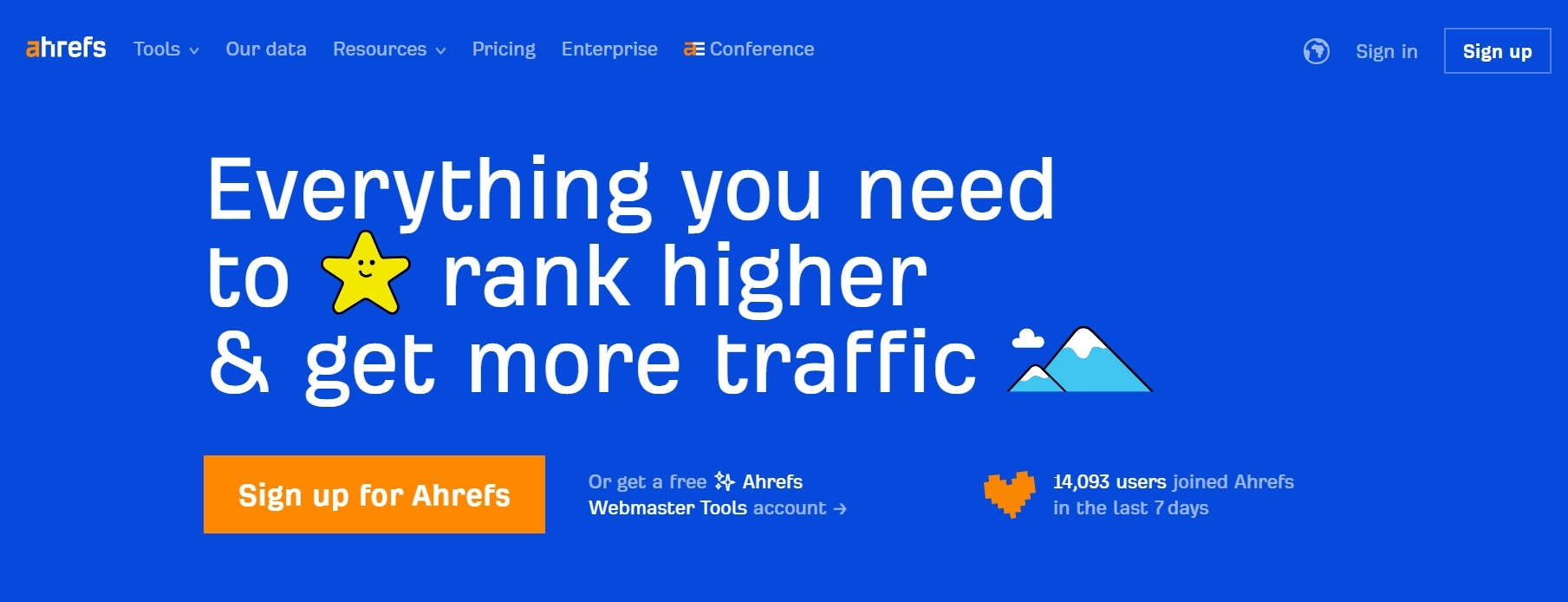
Ahrefs is a comprehensive SEO toolset that offers a variety of features essential for link building:
- Backlink Analysis: Identifies and analyzes backlinks to your site and competitors' sites.
- Content Explorer: Helps find high-performing content to target for backlinks.
- Keyword Explorer: Assists in finding keywords that can enhance your content strategy.
Cost: Pricing starts at $99/month for the Lite plan and goes up to $999/month for the Agency plan.
Role:Ahrefs is crucial for understanding your backlink profile, identifying opportunities for link acquisition, and monitoring competitors.
2. Respona
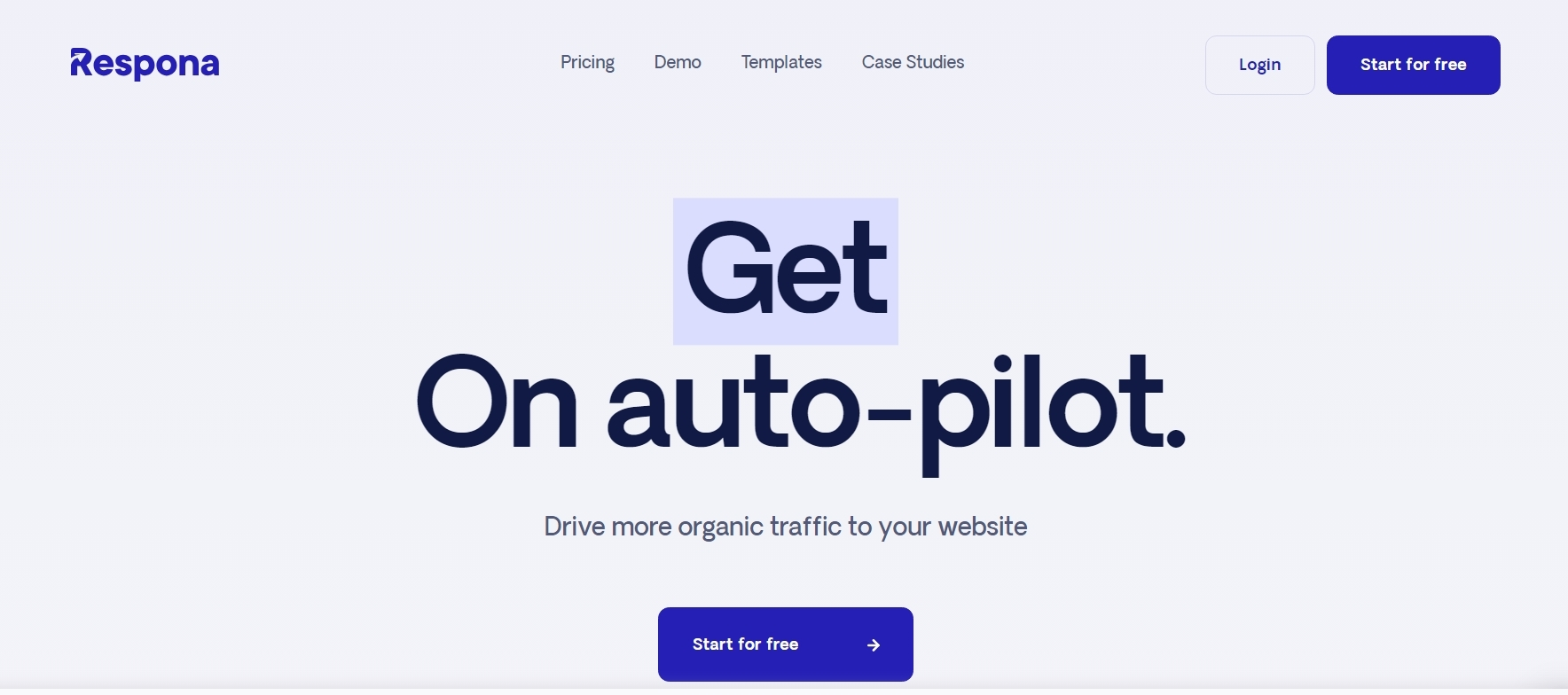
Respona is a tool specifically designed for link building and outreach:
- Automated Search Engine: Helps find and extract backlink opportunities.
- Email Finder and Verifier: Locates and verifies email addresses for outreach.
- Campaign Management: Manages outreach campaigns with personalized email templates and sequences.
Cost: Starts at $99/month with higher tiers available for larger teams and more extensive use.
Role: Respona streamlines the outreach process, making it easier to manage and execute link building campaigns effectively.
3. Semrush
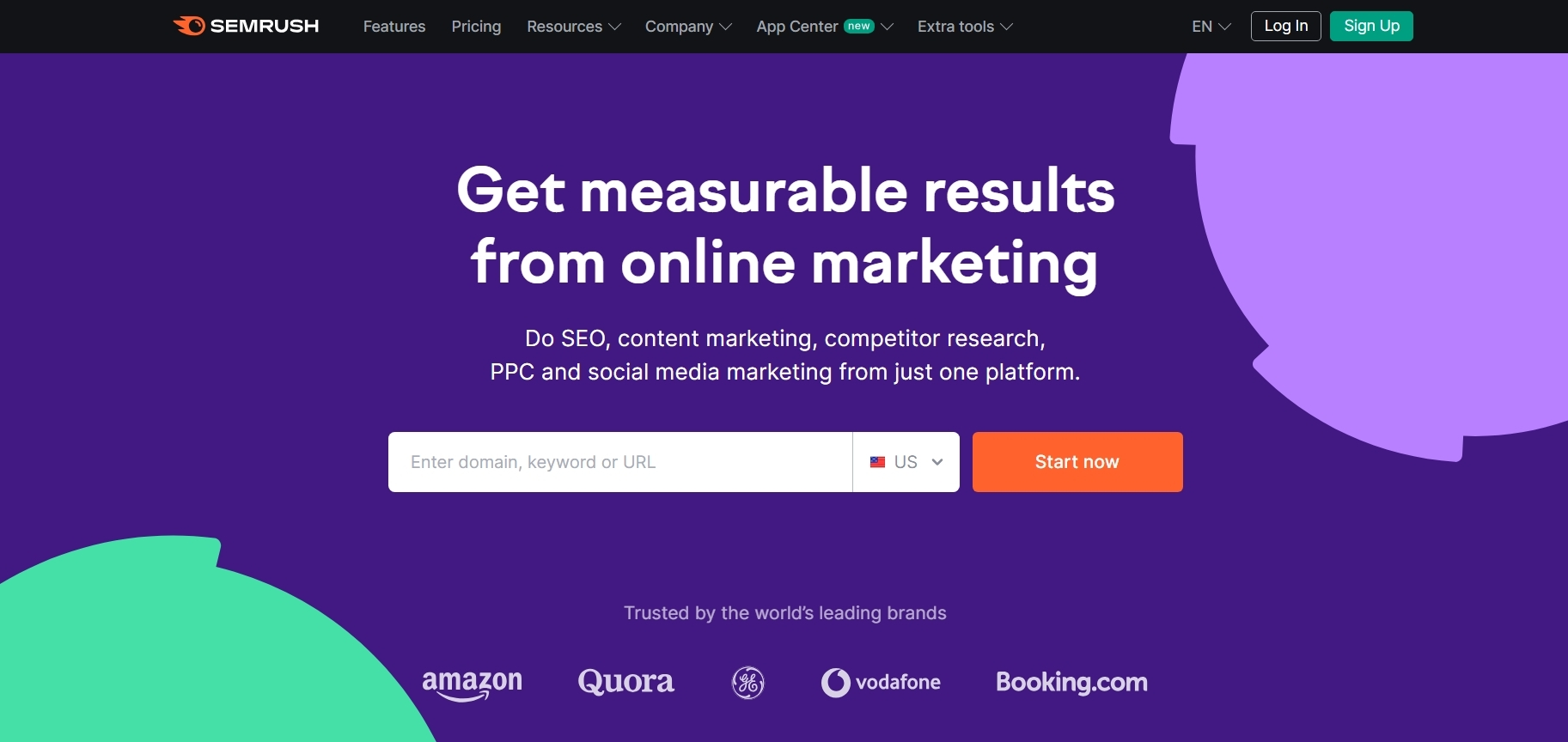
Semrush is an all-in-one SEO platform that provides tools for keyword research, site audits, and backlink analysis:
- Backlink Analytics: Evaluates the backlink profiles of your site and competitors.
- Link Building Tool: Identifies and manages link building opportunities.
- Site Audit: Checks your site for SEO issues that could impact link effectiveness.
Cost: Plans start at $119.95/month for the Pro plan and go up to $449.95/month for the Business plan.
Role:Semrush helps in identifying valuable backlinks, auditing your site's SEO health, and managing link building campaigns
4. Moz
Moz offers tools for SEO and link building including:

- Link Explorer: Provides detailed insights into your link profile and opportunities.
- Keyword Explorer: Helps find and prioritize keywords for content targeting.
- Site Crawl: Identifies and fixes technical SEO issues.
Cost: Pricing ranges from $99/month for the Standard plan to $599/month for the Premium plan.
Role: Moz is useful for understanding and improving your site's link profile and overall SEO strategy.
5. Hunter.io
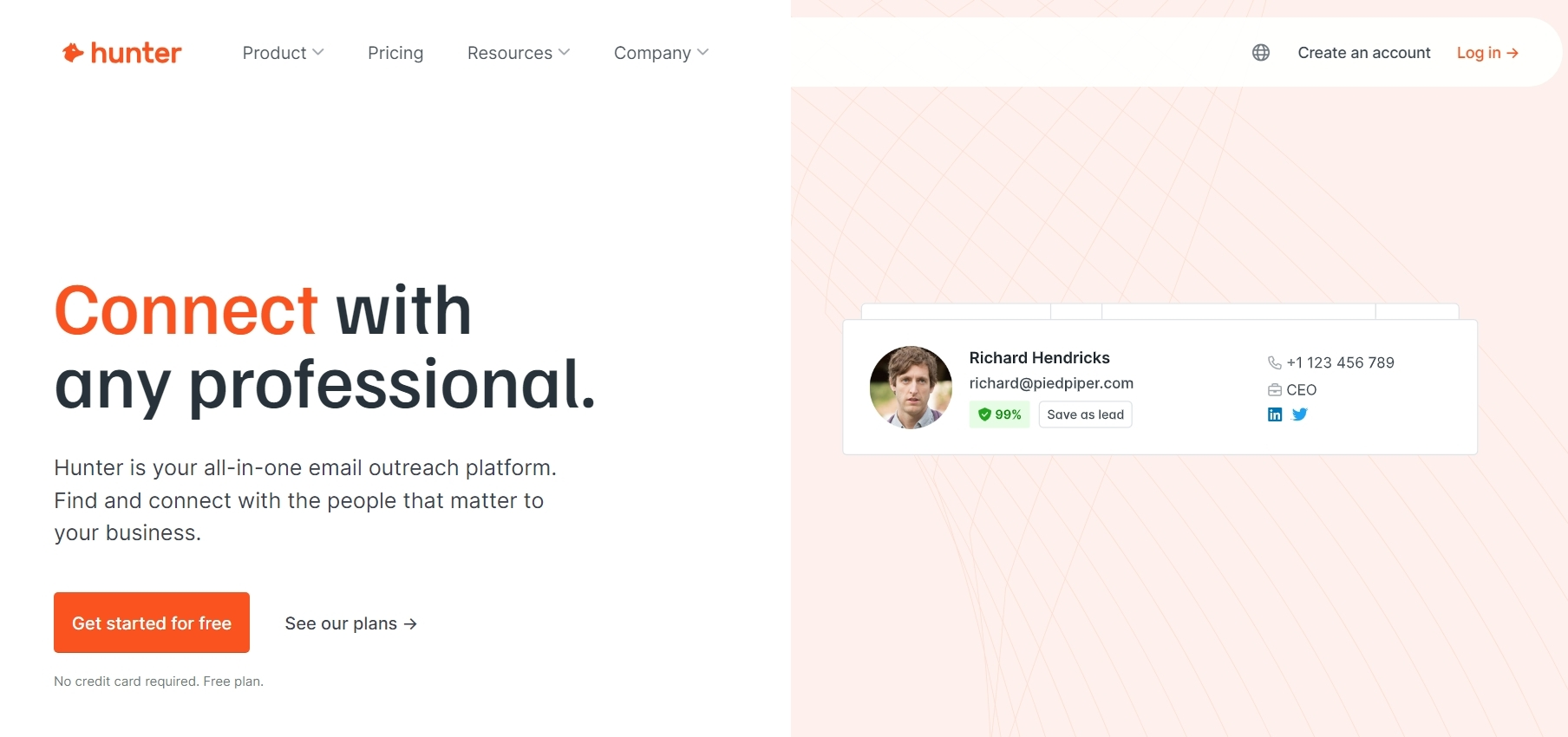
Hunter.io is a tool for finding and verifying email addresses essential for link outreach:
- Email Finder: Locates email addresses associated with domains.
- Email Verifier: Confirms the validity of email addresses to reduce bounce rates.
Cost: Free for up to 50 requests per month with paid plans starting at $49/month.
Role: Hunter.io simplifies the process of finding contact information for outreach, crucial for effective link building.
Costs Associated with These Tools and Their Role in Link Building Campaigns
| Tool | Monthly Cost | Key Features | Role in Link Building |
|---|---|---|---|
| Ahrefs | $99 - $999 | Backlink analysis, content explorer, keyword research | Identifies backlinks, monitors competitors, finds content targets |
| Respona | $99+ | Automated search, email finder, campaign management | Streamlines outreach, manages campaigns |
| Semrush | $119.95 - $449.95 | Backlink analytics, link building tool, site audit | Identifies valuable backlinks, audits SEO health, manages campaigns |
| Moz | $99 - $599 | Link explorer, keyword explorer, site crawl | Improves link profile, enhances SEO strategy |
| Hunter.io | $0 - $49+ | Email finder, email verifier | Finds and verifies contact information for outreach |
Common Mistakes to Avoid
When it comes to link building, there are several common mistakes that can hinder your SEO efforts. Here are three key pitfalls to avoid:
1. Focusing Solely on Quantity Over Quality
Explanation:
It can be tempting to accumulate a large number of backlinks quickly, but not all links are created equal. High-quality links from authoritative sites are far more valuable than numerous low-quality links.
- Impact: Low-quality links can harm your site's reputation and lead to penalties from search engines. They offer little to no SEO benefit and can even lower your site's ranking.
- Solution: Focus on building relationships with reputable websites that are relevant to your industry. Prioritize earning links from high-authority domains that can drive meaningful traffic and boost your site's credibility.
2. Ignoring Niche Relevance
Explanation: Obtaining backlinks from sites that are not related to your niche can be detrimental. Search engines value relevance and links from unrelated sites may be seen as manipulative.
- Impact: Irrelevant links can dilute your link profile and confuse search engines about your site's focus. This can negatively affect your rankings and the perceived authority of your site.
- Solution: Ensure that your backlinks come from sites within your industry or niche. This not only improves the relevance of your link profile but also enhances the likelihood of attracting visitors who are genuinely interested in your content or services.
3. Falling for Cheap Link Offers That Often Lead to Low-Quality or Spammy Links
Explanation:
Cheap link offers can be appealing, especially if you're on a tight budget. However, these links often come from low-quality or spammy sites that can do more harm than good.
- Impact: Links from spammy sites can lead to penalties from search engines, reducing your site's visibility and potentially resulting in a drop in rankings. These links provide little value and can harm your site's reputation.
- Solution: Invest in high-quality link building services that focus on obtaining links from reputable sources. Avoid any service that promises a large number of links for a suspiciously low price. Conduct thorough research on potential link building partners to ensure they follow best practices and provide genuine value.
Evaluating ROI
Evaluating the return on investment (ROI) from link building is essential to ensure that your efforts are yielding positive results. Here are the key metrics and factors to consider when assessing the ROI of your link building campaigns:
1. Organic Traffic Growth
One of the primary indicators of successful link building is an increase in organic traffic. High-quality backlinks from authoritative sites can boost your site's visibility in search engine results, leading to more organic visits.
- Measurement: Use tools like Google Analytics to track changes in organic traffic over time. Look for trends that correlate with your link building efforts, such as traffic spikes following the acquisition of new backlinks.
- Example: If you notice a steady increase in organic traffic after acquiring several high-quality backlinks, this indicates that your link building efforts are paying off.
2. Domain Authority Improvement
Improving your domain authority (DA) or domain rating (DR) is a sign that your site is becoming more reputable and trusted in the eyes of search engines. This can lead to better rankings and more organic traffic.
- Measurement: Monitor your site's DA or DR using tools like Moz and Ahrefs. An upward trend in these metrics suggests that your link building efforts are enhancing your site's authority.
- Example: A notable increase in your DA from 30 to 45 over a few months indicates a successful link building strategy.
3. Conversion Rates
Ultimately, the goal of increased traffic is to drive conversions. This could be in the form of sales, sign-ups, or any other desired action on your site. High-quality backlinks can drive targeted traffic that is more likely to convert.
- Measurement: Track conversion rates using tools like Google Analytics. Monitor how visitors from referral traffic (traffic coming from your backlinks) behave on your site and how many of them complete the desired actions.
- Example: If your site sees a higher conversion rate from visitors coming through referral links compared to other sources, it demonstrates the value of your link building efforts.
4. Keyword Rankings
Quality backlinks can improve your site's rankings for target keywords. Higher rankings for relevant keywords can drive more organic traffic to your site.
- Measurement: Use tools like SEMrush, Ahrefs, or Moz to track the rankings of your target keywords. Compare your keyword rankings before and after your link building campaigns to evaluate the impact.
- Example: If you see several of your target keywords move from the second page of search results to the first page, it indicates that your link building efforts are effective.
5. Referral Traffic Quality
Not all traffic is equal. It's important to assess the quality of the traffic coming from your backlinks. High-quality referral traffic often leads to longer site visits, lower bounce rates, and higher engagement. Referral Factory helps ensure that referral campaigns attract the right audience, increasing engagement metrics.
- Measurement: Analyze referral traffic in Google Analytics to see how visitors from your backlinks interact with your site. Look at metrics such as session duration, pages per session, and bounce rate.
- Example: If visitors from referral links spend more time on your site and visit more pages compared to other traffic sources, it shows that your link building is attracting interested and engaged visitors.
Conclusion
Link building is essential for improving your website's SEO and authority. Understanding the costs involved, influenced by factors like domain authority and content quality, is crucial for effective strategy development. Evaluating ROI through metrics such as organic traffic growth and conversion rates ensures your efforts are paying off.
Choosing between in-house and agency link building depends on your specific needs. In-house offers control but requires significant investment while agencies provide expertise and scalability at a potentially higher cost.
Avoid common pitfalls by focusing on quality over quantity and ensuring niche relevance. Use tools like Ahrefs, Respona, Semrush, Moz, and Hunter.io to enhance your link building efforts.
By investing strategically in high-quality link building and regularly assessing its impact, you can achieve sustainable SEO growth and maintain a competitive edge.
FAQs
How do I determine the quality of a backlink?
- Domain Authority (DA) or Domain Rating (DR): Higher scores indicate stronger sites.
- Relevance: Links from sites relevant to your industry or niche are more valuable.
- Traffic: Sites with higher traffic can drive more visitors to your site.
- Link Placement: Links within the main content body are generally more valuable than those in footers or sidebars.
- Natural Link Profile: Avoid sites that seem to sell links excessively or have spammy link profiles.
Is it better to build links in-house or hire an agency?
- In-House: Provides control and alignment with your company's goals but requires significant investment in salaries, training, and tools.
- Agency: Offers expertise, scalability, and established relationships but can be more expensive and may result in less control over specific tactics.
What tools are essential for link building?
- Ahrefs: For backlink analysis and competitor research.
- Respona: For outreach and campaign management.
- SEMrush: For keyword research and site audits.
- Moz: For link exploration and site analysis.
- Hunter.io: For finding and verifying email addresses for outreach.
What are the risks of link building?
- Penalties: Low-quality or spammy links can lead to penalties from search engines.
- Wasted Investment: Investing in poor-quality links provides little to no SEO benefit.
- Reputation Damage: Associating with low-quality or irrelevant sites can harm your site's reputation.
What is high-quality link building?
- High DA/DR: Links from authoritative sites.
- Relevance: Links from sites related to your industry.
- Natural Placement: Links that are naturally placed within relevant content.
- Engagement: Links that drive meaningful traffic to your site.
Can I earn money from links?
How long does link building take?
- Competition: Highly competitive industries may take longer.
- Strategy: Effective outreach and high-quality content can speed up results.
- Consistency: Regularly acquiring quality links is key to sustained improvement. Typically, noticeable improvements can take several months to a year.
Is link building still effective?
The quality of a backlink can be assessed using several criteria:
This depends on your resources, expertise, and goals:
Several tools are crucial for effective link building:
There are several risks associated with link building:
High-quality link building involves acquiring links from reputable, relevant sites that offer real value. Key characteristics include:
While the primary goal of link building is to improve SEO and drive traffic, some websites and blogs monetize by selling links or including affiliate links. However, selling links purely for SEO purposes can violate search engine guidelines and lead to penalties.
Link building is an ongoing process. The time to see results can vary based on several factors:
Yes, link building remains a critical component of SEO. High-quality backlinks are one of the top factors that search engines consider when ranking websites. Effective link building can significantly boost your site's authority, visibility, and traffic.



